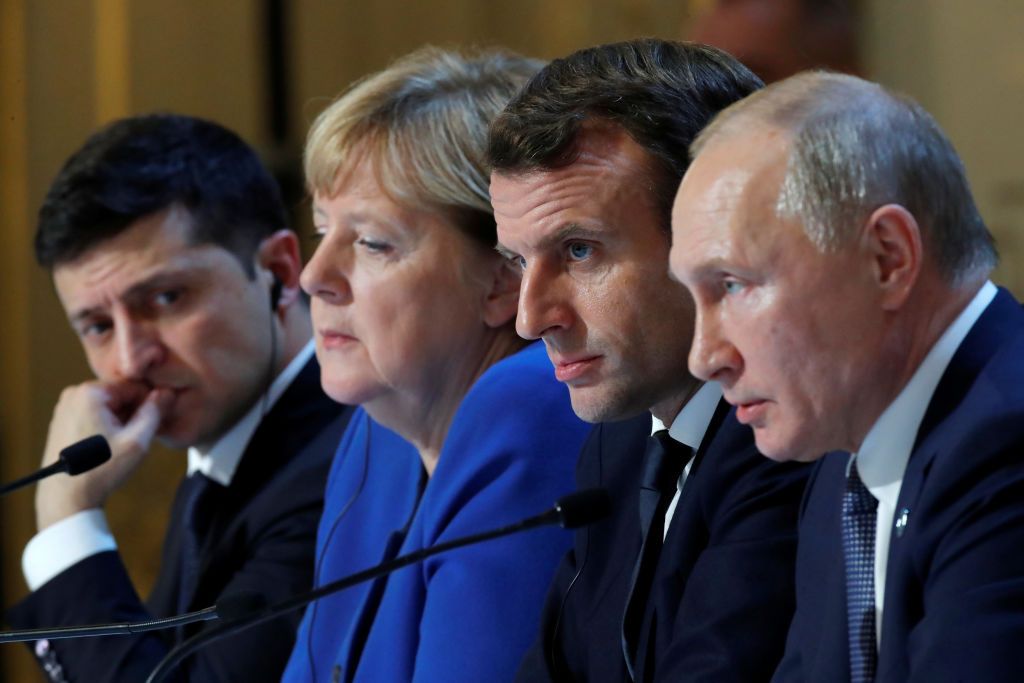Czech official: Allies yet to collect full funding for 800,000 shells earmarked for Ukraine

Czech National Security Advisor Tomas Pojar placed doubt on President Petr Pavel’s statement about aquiring all the funds needed to purchase 800,000 artillery shells for Ukraine, Czech outlet Denik N reported on March 8.
Pavel said in February that Prague had identified 500,000 155mm shells and 300,000 122mm shells outside Europe that could be bought and sent to Ukraine after the necessary funds were allocated to the initiative.
On March 7, the president announced that once Norway had joined the Czech-led allied initiative, the required funds had been collected.
"I assume that Mr. President meant the first batch's coverage, not our entire initiative. In any case, we do not have it covered yet," Pojar told Denik N.
Czech Prime Minister Petr Fiala wrote earlier on X that raised funds would be enough to buy the first batch of 300,000 artillery shells.
"Our work and our help to Ukraine do not end here. We keep seeking partners so that we can continue to support Ukraine in its brave fight against the Russian aggressor," Fiala said.
The Czech Defense Ministry also published a statement on March 7, saying that Czechia is "working on various forms of artillery ammunition deliveries."
"The speed with which we manage to raise the necessary money is great," Czech Defense Minister Jana Cernochova said.
"The initiative continues, and we are continuously looking for other ways to get ammunition for Western and Eastern origin. It is necessary to use the potential of this broad coalition," Cernochova added.
The Kyiv Independent made a request to the Czech Defense Ministry on the current status of the funds’ allocation for the initiative but was not provided with the details.
According to Pavel, 18 states have already contributed to the initiative, including the Netherlands, Belgium, Germany, Latvia, and Canada.
As $60 billion in aid for Ukraine from the U.S. remains stalled in Congress, the Ukrainian Armed Forces continue to face critical ammunition shortages.
Ukraine has already withdrawn from Avdiivka, a key front-line city in Donetsk Oblast, on Feb. 17 and from other nearby villages weeks later.













